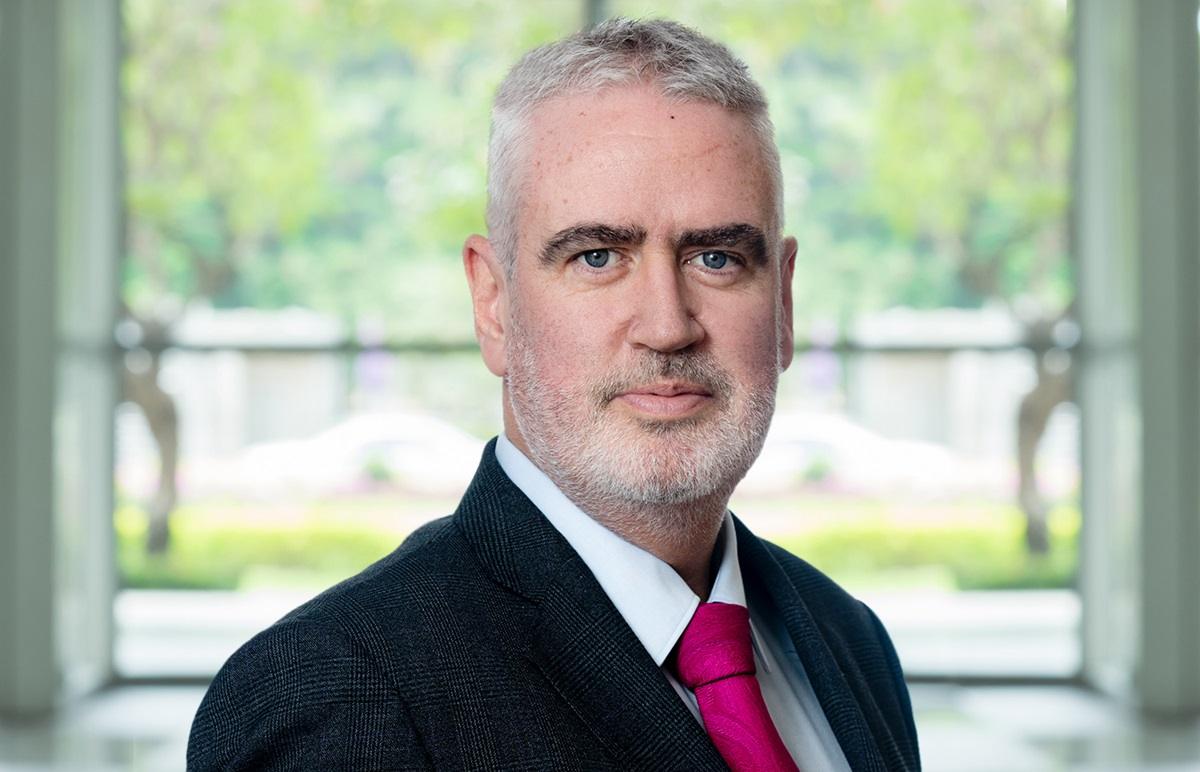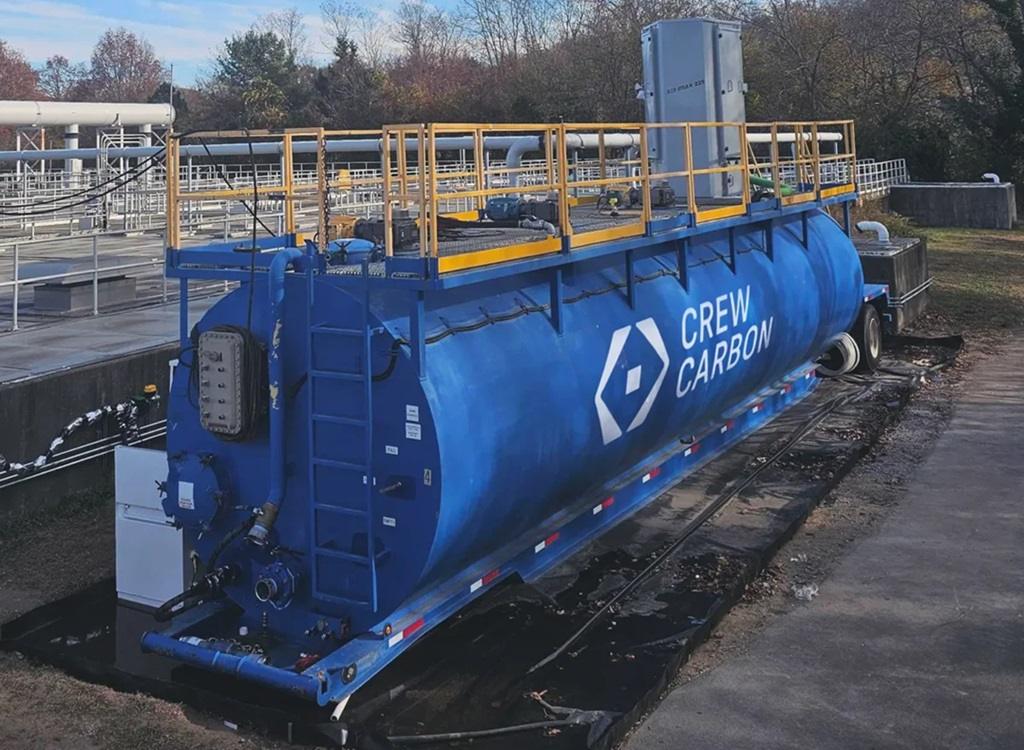Microsoft Launches Zero Waste by 2030 Initiative
Microsoft announced today a new initiative targeting zero waste from the company’s operations, products and packaging by 2030. The new initiative is part of a broader sustainability program launched by the software and services giant this year, focusing on carbon, water, ecosystems and waste.
Microsoft stated that as part of the new program, the company aims to reduce nearly as much waste as it generates while reusing, repurposing or recycling its solid, compost, electronics, construction and demolition, and hazardous wastes. The company is also targeting the elimination of all single-use plastics in packaging, and plans to use technology to improve waste accounting.
To address the key environmental challenge of e-waste, the company intends to construct “Microsoft Circular Center.” According to Microsoft, the company’s datacenters currently use 3 million servers and additional related hardware, with average lifespans of 3 years. The new circular centers will reuse and repurpose servers and hardware in the company’s datacenters. Microsoft stated that it expects the centers to increase the reuse of servers and components by up to 90 percent by 2025.
Microsoft also announced a $30 million investment in Closed Loop Partners, an investment initiative focused on circular economy solutions. The company stated that the funds from the investment will go towards accelerating the infrastructure, innovation and business models for supply chain digitization, e-waste collection, food waste reduction, and recycling industry products.
In a statement accompanying today’s announcement, Microsoft President Brad Smith wrote:
“No one person or organization can solve the global waste problem. It will take all of us doing our part, including using better data to understand the problem and make smart waste policy decisions.
“Zero waste is an ambitious goal, but minimizing our own waste footprint is essential to preserving the natural resources and reducing the waste-associated carbon emissions to ensure our economies and societies around the world thrive for generations to come.”





